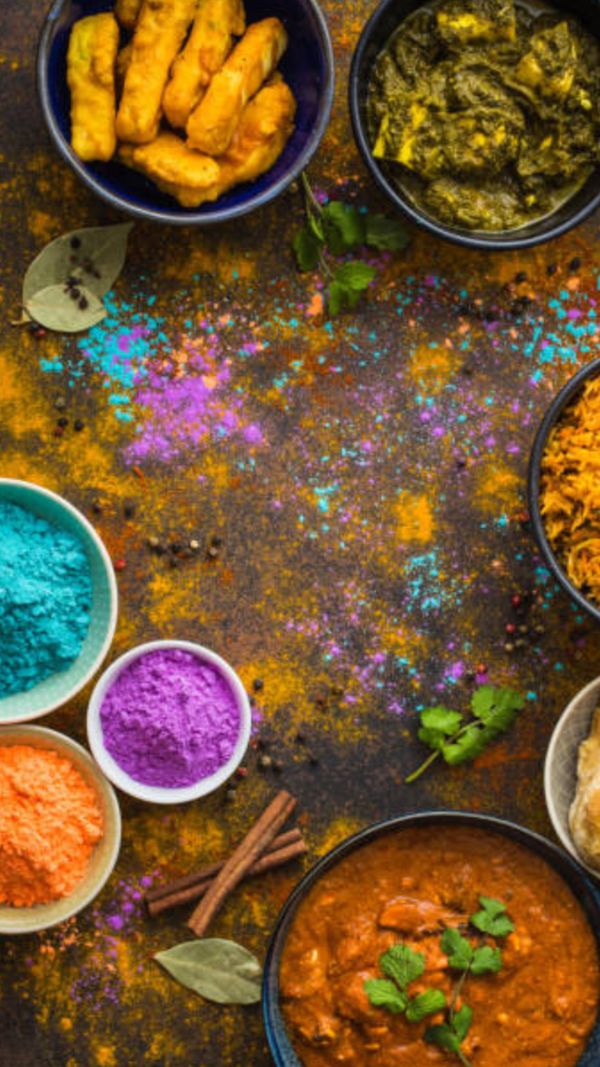- News
- Business News
- International Business News
- Pharma industry pushes back against study linking generics to increased health risks in US
Trending
Pharma industry pushes back against study linking generics to increased health risks in US
A study linking Indian generic drugs to a higher risk of serious side effects in the US has spurred backlash from the Indian Pharmaceutical Alliance, which refuted the study's claims. The study found Indian generics had a 54% greater risk of serious adverse events. The incident has raised concerns over the quality of Indian medicines amid rising trade tensions.
A recent study linking Indian-made generic drugs to a higher risk of serious side effects in the United States has sparked a strong backlash from the industry’s most influential lobby group.
This comes as India defends its dominant share in the global pharmaceutical market amid rising trade tensions under President Donald Trump's administration.
In response to the findings, the Indian Pharmaceutical Alliance, representing the country's largest drugmakers, issued a statement, disagreeing with the study's premise. They strongly rejected the notion that factors like manufacturing and distribution practices contribute to the quality and efficacy issues in Indian generic drugs, according to a Bloomberg report.
"We strongly disagree with the study’s premise that differences in operations and supply chain factors—suppliers, manufacturing and/or distribution practices by different manufacturers—impact the quality and efficacy of Indian generic drugs," Bloomberg reported the pharma group statement.
The study adds to growing concerns over the quality of Indian-made medicines, with India being the world’s largest supplier of generic drugs. The country produces around 20% of the global supply and meets approximately 40% of the US demand for non-patented medications.
Between 2018 and 2024, US pharmaceutical imports from India are expected to nearly double to $13 billion, highlighting the growing influence of India's pharmaceutical industry. At the same time, President Trump has pushed for companies to bring production back to the US, warning of tariffs of up to 25%, a move that could increase costs for pharmaceutical companies.
While regulatory lapses at Indian factories, including unsanitary conditions and poorly trained staff, have raised concerns internationally, the situation was further exacerbated by incidents like the 2022 deaths of dozens of children in Gambia and Uzbekistan due to tainted cough syrup and more recent cases of contaminated eye drops causing blindness in US patients.
The authors of the recent study suggested that "quality corner-cutting" due to cost pressures may explain the higher adverse event risk. They noted that older drugs were more frequently associated with these events, possibly because manufacturers were under increasing pressure to reduce operational and supply chain costs over time, Bloomberg reported.
The Indian pharmaceutical industry has pushed back against the conclusions drawn in the study, citing limitations in the use of adverse event data. They argue that such data often suffers from reporting biases and cannot establish direct causality. The Indian Pharma Alliance further noted that both the industry and regulators have made significant progress in engaging with the US FDA to address manufacturing and quality issues, with FDA inspections playing a key role in quality enforcement.
The study authors, however, emphasized the need for stronger FDA oversight, particularly through unannounced inspections. According to their findings, FDA inspections of Indian factories increased by 46% from 2014 to 2024, with instances of objectionable conditions rising by 38% during the same period.
They also urged drug manufacturers to focus on improving transparency and quality, suggesting that better manufacturers could potentially leverage superior quality to attract more buyers, while inferior producers could be driven out of the market.
“The FDA mandates things, but firms can voluntarily do quite a bit on their own.” The researchers called for the inclusion of quality data on labels and for drugmakers to benchmark themselves against peers, improving the overall standards of the industry.
End of Article
FOLLOW US ON SOCIAL MEDIA










